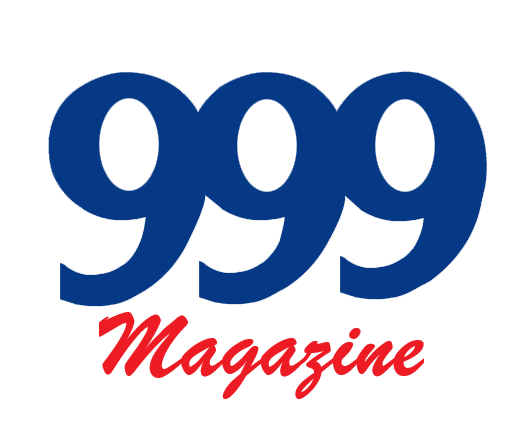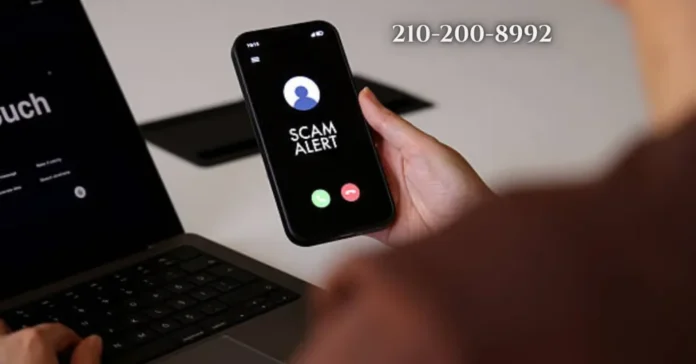In today’s digitally interconnected world, phone numbers like 210-200-8992 are more than just sequences of digits—they can become points of curiosity, suspicion, or even frustration for people receiving unexpected calls or messages. Whether appearing on caller ID or referenced in social conversations, numbers like this can elicit numerous questions. Is it a legitimate contact? A scam? A telemarketing ploy? Or perhaps an automated service line?
This article delves into the structure, context, and public perceptions surrounding phone numbers such as 210-200-8992. Our aim is not only to investigate what such numbers represent but also to provide readers with a comprehensive understanding of how to approach unknown or unsolicited calls.
The Structure of the Number
To begin with, let’s break down the format of the number 210-200-8992:
-
Area Code (210): This indicates the geographic origin of the number. Area code 210 is assigned to San Antonio, Texas and surrounding regions. It has been in use since 1992 when it was split off from area code 512.
-
Prefix (200): This three-digit prefix, along with the area code, helps narrow down the exchange or service provider. Some prefixes are associated with mobile providers, VOIP services, or even special-use lines.
-
Line Number (8992): This final four-digit segment is unique to the subscriber within the prefix.
Together, these ten digits form a North American Numbering Plan (NANP) compliant number, used across the United States, Canada, and other territories.
When Unknown Numbers Call
Many people are familiar with the scenario: your phone rings, and an unknown number—like 210-200-8992—appears on the screen. The instinctive reaction may vary: some people answer out of curiosity, others let it go to voicemail, and a significant number may immediately suspect spam or fraud.
But why is there so much skepticism around unfamiliar numbers?
-
Increase in Spam Calls: The rise of robocalls and scam operations has made people wary of unknown callers. In recent years, billions of spam calls have been recorded annually in the United States alone.
-
Spoofing Practices: Scammers often spoof legitimate-looking numbers, making it hard to know who’s really calling. They might even use numbers with a local area code like 210 to make it seem more trustworthy.
-
Lack of Transparency: Many unknown numbers do not leave voicemails or give identifiable information, deepening the suspicion.
Public Experiences with Numbers Like 210-200-8992
Whenever a number like 210-200-8992 pops up in communities online or in conversations, people often share varied experiences. Some common themes include:
-
Robocalls or Automated Messages: The call begins with a recorded message, usually offering a service or demanding urgent action regarding your credit card, social security number, or legal case.
-
Dead Air Calls: The phone rings, but when answered, there’s silence on the other end. These are often part of mass dialer systems testing active lines.
-
Repeated Missed Calls: Multiple calls from the same number in a short span, often without leaving a message, raise red flags about harassment or spam tactics.
-
Survey or Marketing Calls: Some calls are less nefarious, simply promoting a product or requesting feedback under the guise of a survey.
While not every call from an unfamiliar number is malicious, the rise of such behaviors causes people to react with increasing caution.
The Psychology Behind Phone Number Anxiety
Why does an anonymous number like 210-200-8992 trigger such strong reactions?
The answer lies partly in digital-era anxiety. Today, phone numbers are no longer just personal identifiers. They are entry points into a person’s private life—potentially tied to emails, banking apps, and more. Therefore, an unexpected call from a mystery number can feel intrusive or even threatening.
Additionally, scam awareness campaigns, while helpful, have instilled a general mistrust of unknown numbers. This isn’t paranoia—it’s a survival response conditioned by real-world fraud events.
What Should You Do When Receiving a Call from 210-200-8992?
Here are a few steps you can take if a number like this appears on your phone:
-
Do Not Answer Immediately: Let it ring. If it’s important, the caller will leave a message or attempt contact through other means.
-
Check Voicemail: If the number is legitimate, chances are there will be a meaningful message left.
-
Use Caller ID Apps: Applications like Truecaller or Hiya can provide information about the number’s reported activity.
-
Search the Number: A simple search of the number may reveal user-submitted reports, indicating whether the number is associated with scams, marketing, or legitimate businesses.
-
Block and Report: If the number continues to call without a clear purpose or becomes disruptive, use your phone’s blocking feature. Most smartphones also allow you to report spam numbers.
-
Never Share Personal Info: Unless you’re absolutely certain of the caller’s identity, never disclose personal, banking, or security information over the phone.
The Importance of Digital Awareness
Phone number awareness is just one aspect of broader digital literacy. Knowing how to interpret and react to unfamiliar contact attempts protects not just individual users, but also larger networks. When users report suspicious numbers, they contribute to databases that others can reference, helping to build a safer communication environment.
Educators, parents, and professionals all play a part in spreading responsible phone behavior. For younger users in particular, learning to distinguish between genuine and fraudulent calls is an essential life skill in a world where scams are increasingly sophisticated.
Numbers Can Be Innocent, Too
While much of this article focuses on caution, it’s important to note that not all unfamiliar numbers are harmful. Sometimes, local businesses, job recruiters, delivery services, or school representatives may reach out using rotating or lesser-known numbers. In these cases, assuming the worst could result in missed opportunities or important updates.
Final Thoughts
The number 210-200-8992 is one of countless phone numbers that populate the modern communications landscape. Whether it represents a real individual, a telemarketing entity, or something more nefarious, your best defense is a thoughtful, informed response.
By applying cautious optimism, using available tools, and staying current on trends in digital communication, you can confidently manage calls from unknown sources—without falling prey to deception or missing something important. In the end, knowledge remains the strongest armor in navigating the blurred lines of today’s phone interactions.


